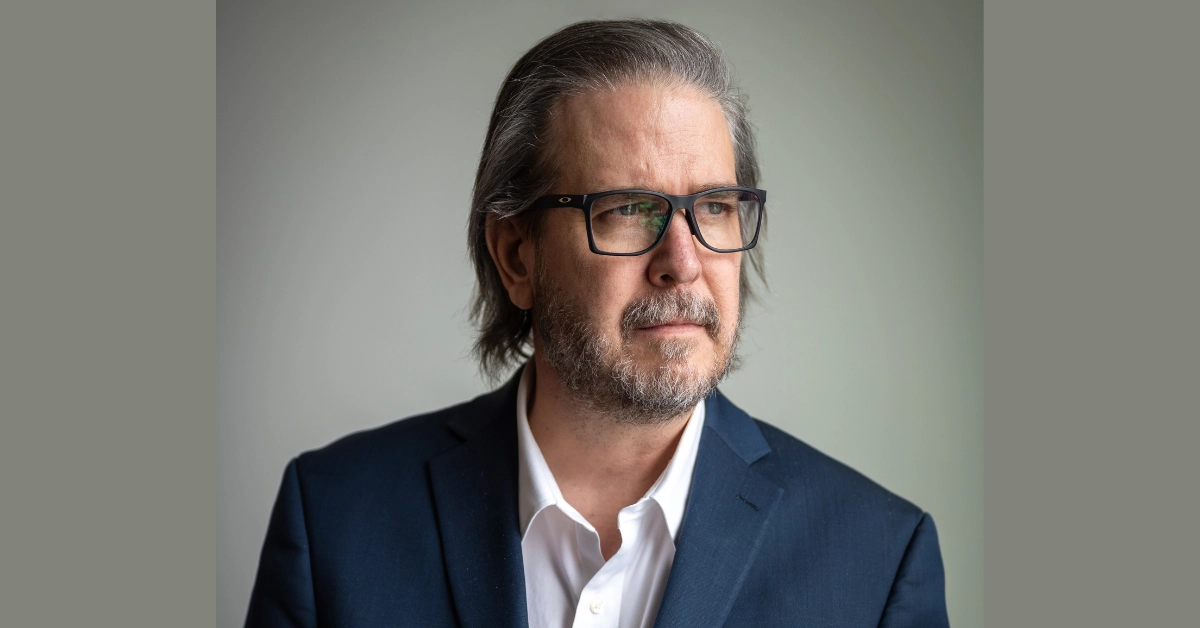Jason Symington provides advice for graduating students
I’ve spent my entire academic career procrastinating, but not on projects. I’ve put off the idea that I would someday leave these walls and become a professional, or something close to it. For four years, I’ve managed to keep my sanity by putting off the very real fact that I’d have to step out into the cold, hard world.
No deadlines. No practice quizzes. No breaks.
It filled me with a sort of dread that seemed irrational to my friends and family. My mom would giddily ask me how I felt, knowing that I was on track to graduating with only a few months left. No, this doesn’t feel like some New Year’s countdown that will end with cheering and applause. It’s like a Saw trap, and I’m watching my life flash before my eyes.
The fact is, students map out their lives based on what they think will happen and how they think things will happen. We course out our lives, and narrowly skirt around unknown waters. It’s the unknown that I’m afraid of — unspoken, murky, and very real.
To cope with my feelings of uncertainty, I turned to Jason Symington, a professor in the communications department. He doesn’t coddle and he doesn’t mince words, but it’s apparent that he wants to see his students make an effort and succeed.
“That’s the idea that when you guys leave here. You are going to have a sense of self and direction, so that you don’t need somebody outside these walls to go, ‘Okay, it’s your turn, step up.’”
Jason Symington, communications professor
When some of Symington’s former students visit him, he hears a variety of experiences. Some of his students excel, and others admit that they don’t know how to exist outside of the university’s walls.
Symington acknowledges that there needs to be change on the institutional level. But, students need to learn how to exist outside of the classroom, and that means determining what you want for yourself and getting to that point.
As a professor, he hopes to push students into knowing and understanding what they want to be. “That’s the idea that when you guys leave here. You are going to have a sense of self and direction, so that you don’t need somebody outside these walls to go, ‘Okay, it’s your turn, step up,’” says Symington. According to him, students shouldn’t be looking for permission to be professionals; they should be confident in their own capabilities.
To prepare students for graduation, Symington often challenges his students to contemplate where they see themselves in five years. There’s more to consider after grad than simply choosing a profession.
“What companies do you want to work for? What is the environment you want to go work in?” says Symington. “If you don’t think about that for four years, and you just hang out here and you take classes… where you disengage, what do you get in four years, you get a piece of paper that goes on your CV?”
I had some idea of what I wanted out of my degree, but I didn’t know if it was attainable. And, university is hell of a thing. Some of my peers have dropped out, some changed programs, and others completely reassessed what they want out of their life.
I entered communications as a way to compromise with dreams that felt too unrealistic to achieve. I bargained. What I really wanted to write were novels and short stories, but I chose the “safer” option. And, now, as I think about communications-related jobs, I think about the “safe” option, even if it means neglecting those literary flights of fancy of mine.
“If you try to exist in the mediocrity that is life, there’s millions of people fighting for that,” says Symington. “…When students get out of school, and they’re like, ‘Oh, I gotta get a real job.’ … So, get a job that pays the bills, you don’t have to love it.” Students don’t need their dream job right out of university. But, he suggests that students get a job to cover their living expenses, but not without losing track of what they really want to do.
“Don’t be that person who’s like, ‘You know what? I was going to be a writer when I got out of university, and I just didn’t feel like I could,’” he says.
Symington didn’t hold back, and he dared call me out whenever I brought up my repertoire of excuses from missing out on changing my major, the occasional achievement to complacency with mediocrity.
One of my flaws (and probably a flaw of many) is my fear of failure. Throughout my degree, Symington has observed the ways in which I create roadblocks for myself and get into my own head.
I can’t comment on anyone else’s experiences except my own. I believe I’ve spent four years of my degree comparing myself to other people without realizing that people have their own distinct definition of what success looks like.
Symington sees a whole rotation of alumni coming back. The post-grad experience is different for each student, and that comes from how they perceive their goals and how they go about achieving them. Some alumni are still lost, some are well on their way, and some just need that little push to go about their way.
There’s no set of instructions for life after university. It can be described in a variety of ways by different people: streamlined, simple, confusing, terrifying, and liberating. And, Symington’s advice might not resonate with some people.
But, that’s fine. Sometimes, we need a kick in the ass to move away from our own self-doubts and complacency and towards what we really want for ourselves.
Photo by Sam Poier





omg this ate